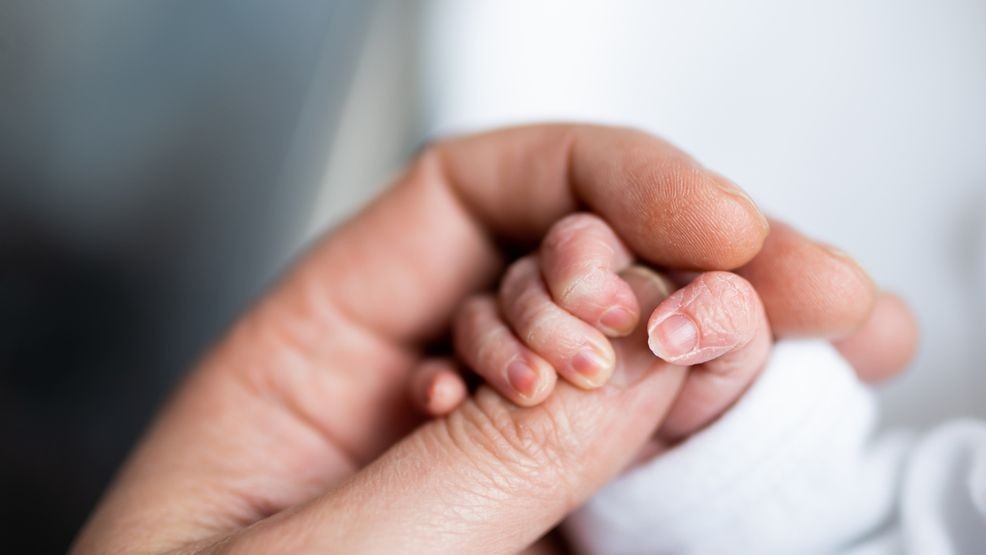
With declining birth rates in the United States, President Donald Trump has signaled support for a $5,000 baby bonus, as a way to incentivize women and families to have more children.
When asked abut it in the Oval Office, President Trump said, “sounds like a good idea to me.”
“It’s because people are worried about things like cost of diapers and the crib and other furniture for the baby’s room, and, of course, infant formula and baby food and all these kinds of things,” said Anirban Basu, an economist with Sage Policy Group. “And $5,000 might actually help a family deal with some of those initial costs.”
“It might actually induce a few people who are on the fence about whether or not to start a family to actually start that family,” he added.
However, he acknowledged, it is not the best way to solve the problem of declining birth rates.
“A lot of families choose not to have children because they know how expensive it is to raise a child over the course of many years, and so one way to deal with that is to actually lower the cost of raising a child,” Basu said.
For instance, Basu said lowering high housing costs, could do more to influence birth rates.
While dew details of this proposal are clear, it is similar to the Baltimore Baby Bonus.
Proposed by the Maryland Child Alliance last year, it would have given parents of a new child, either by birth or adoption, a one-time payment of at least $1,000. The goal of the proposal was to fight child poverty, and according to the Baltimore Baby Bonus website at the time, to “improve the well-being of children and families, while also having long-term benefits for the economy.”
The state Supreme Court ultimately ruled it was unconstitutional and the proposal was removed from the ballot. Now, the Baltimore Baby Fund is being proposed, as an updated proposal. While it wouldn’t mandate $1,000 in cash payments, it is still trying to enhance the economic stability of families with newborns in Baltimore.
On a federal level, the idea of a baby bonus, which would likely be funded through tax dollars, comes at a time when the Trump Administration is focused on slashing spending across government agencies.
“My sense is that this is not going to happen politically or legislatively, but if it did negative fiscal impact, maybe a positive impact on population, and at the end of the day, doesn’t really move the earth very much,” Basu said.
发表回复